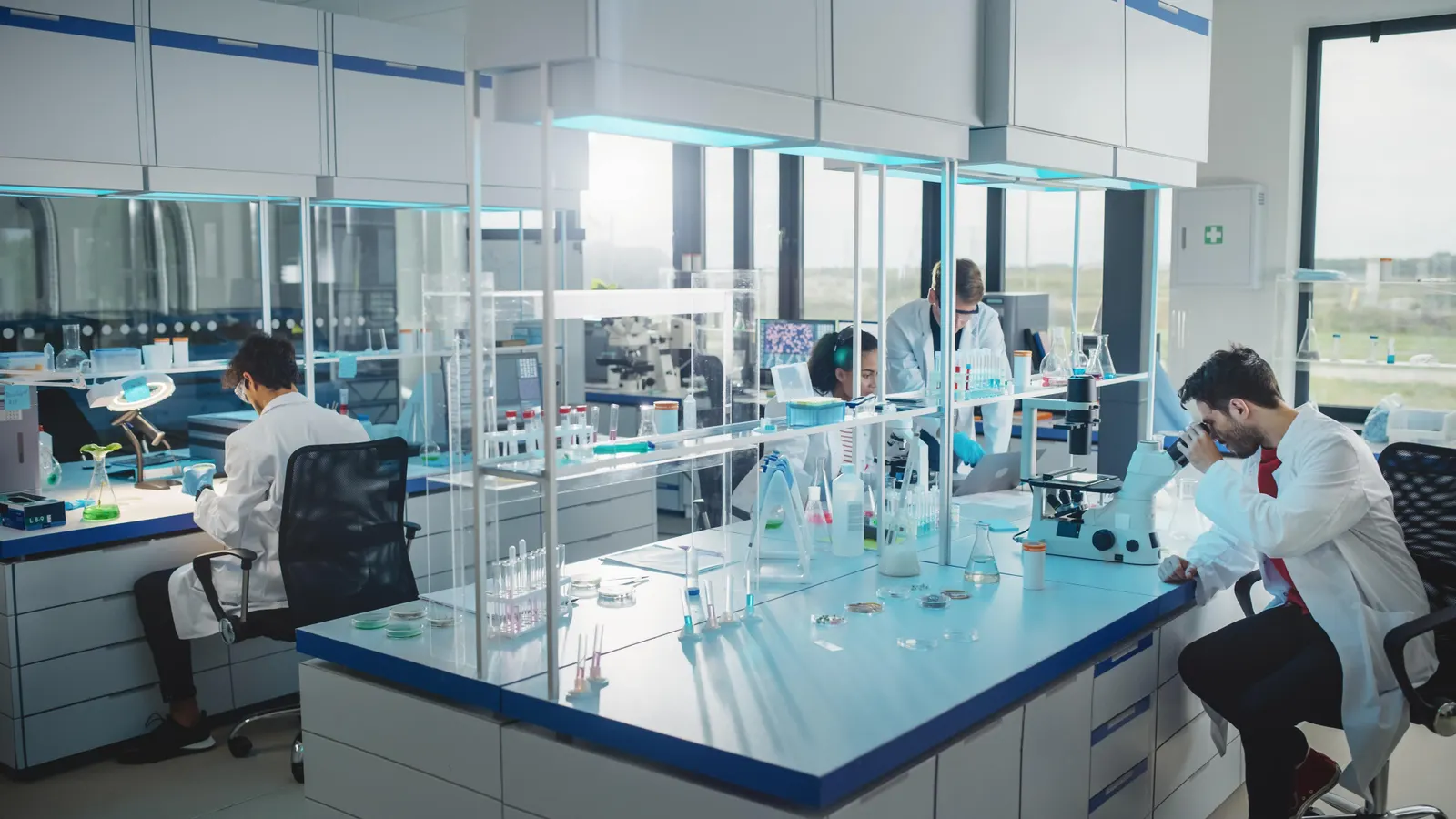Copyright Forbes

Australia’s largest university just opened a Boston hub, signaling a bold new model for global collaboration and research commercialization. In an era when many universities are retrenching amid funding pressures and shifting priorities, Australia's Monash University is doing the opposite—going global. In September 2025, Monash officially opened its Boston Hub in Cambridge, Massachusetts, planting a flag in the world's most competitive biotech ecosystem. It's a bold step that positions Australia's largest university among the few global institutions rethinking how academia, industry, and innovation intersect. The Hub, based in the Cambridge Innovation Center, will deepen partnerships across North America and Europe to accelerate drug discovery and health breakthroughs—from the lab bench to patients around the world. "Boston is the epicenter of biotech innovation," said Nathan Elia, Monash's Director of Enterprise for North America and Europe. "Our expanded presence here allows us to work shoulder-to-shoulder with partners, investors, and collaborators to accelerate the path from discovery to patient impact." For readers unfamiliar with Monash, think of the university as the MIT of Australia—consistently ranked in the global top 50 and the country's largest research university, with a track record in research commercialization that rivals some of the world's best. Over the past five years, Monash has completed more than 160 license deals and launched over 30 biotech spinouts, collectively raising over $1.5 billion in investment. As a Monash alumna who graduated when it ranked around 500th globally, I’ve watched this transformation with both pride and professional fascination. That climb to the top 50 didn’t come from conforming to old norms and playing it safe. It came from leaders willing to challenge old paradigms and continually reimagine what a university can be. MORE FOR YOU The university's collaborations now span biotech leaders including Moderna, which built its first southern-hemisphere mRNA manufacturing facility on Monash's Melbourne campus, and CRISPR Therapeutics. Monash spinouts such as Seaport Therapeutics, Cincera Therapeutics, and Phrenix Therapeutics are advancing clinical trials for psychiatric and fibrotic diseases globally. "Our goal is to significantly increase mutually beneficial partnerships to advance health outcomes worldwide and grow R&D collaboration between Australia, the United States, and Europe," said Professor Sharon Pickering, Monash's Vice-Chancellor and President. This ambition reflects a fundamental truth about institutional longevity and adaptive leadership: relevance isn’t inherited—it must be continuously earned. It's earned by those willing to evolve before they have to. As research, funding, and talent become increasingly borderless, universities that stay anchored to old models will struggle to compete. By embedding itself in Boston's life sciences corridor, Monash is collapsing the distance between discovery and delivery, connecting researchers directly to venture capital, clinical partners, and regulatory expertise. It's the same principle driving today's most agile organizations across sectors: proximity drives progress. "The Monash Boston Hub marks a significant milestone by building a bigger bridge between Boston and Melbourne—two of the world's leading centers of biotech research and innovation," Pickering said. This expansion is emblematic of a broader imperative for higher education: evolve or risk irrelevance. Universities that cling to legacy models—focused primarily on publishing rather than partnering—will struggle to sustain impact in a world that rewards collaboration, agility, and measurable outcomes. "Boston is an ideal home for Monash because it's where science, investment, and entrepreneurship converge," Elia said. "We're here to help accelerate the journey from discovery to patient impact." The Monash Boston Hub reflects three lessons every institution—and company—can learn from: Think globally, build locally. Physical presence in innovation hubs accelerates what virtual collaboration can't replicate. Access to capital, talent, and serendipitous partnerships requires being where the action is. Partner for impact. The new competitive advantage isn't protecting intellectual property in isolation—it's accelerating it through strategic collaboration that brings discoveries to market faster. Design for adaptation. Thriving institutions continually reimagine their role and reach, not just their research portfolio. The ability to pivot, partner, and scale across borders defines organizations built to endure. The university's record of translating research into real-world outcomes sets it apart. Its discoveries have led to new treatments for depression, schizophrenia, and fibrotic diseases, demonstrating what's possible when institutions think more like mission-driven startups than bureaucracies. Monash's Boston Hub is more than an international outpost. It's a signal of what's next for academia: a future where knowledge, capital, and collaboration flow freely across borders—and where the institutions that thrive are those willing to move beyond cautious incrementalism to lead that movement. The question for other institutions—academic and otherwise—isn’t whether global expansion makes sense. It's whether they have the courage to act decisively to shape the conversation, not just join it.



